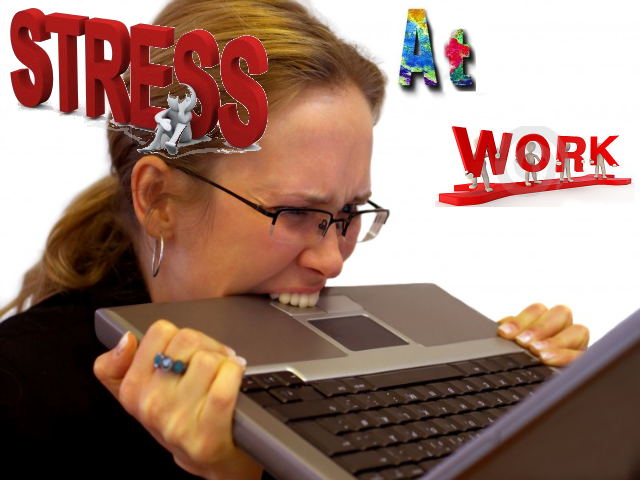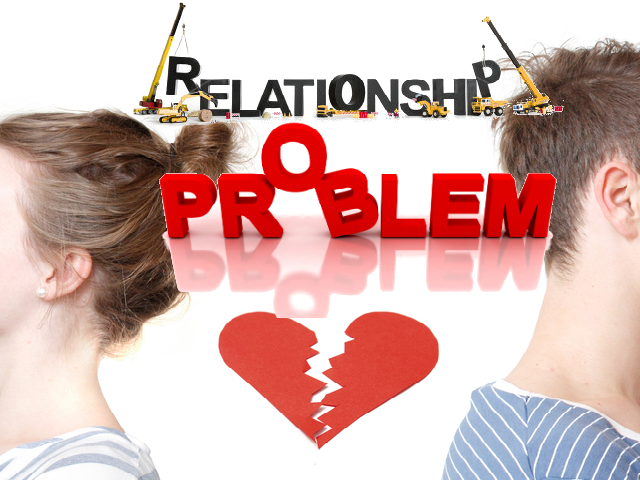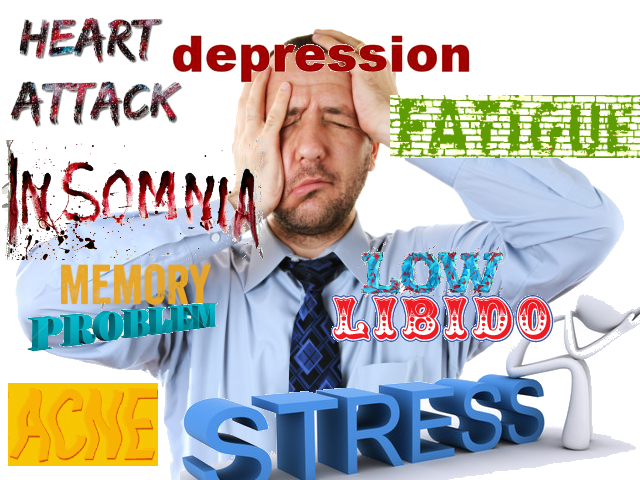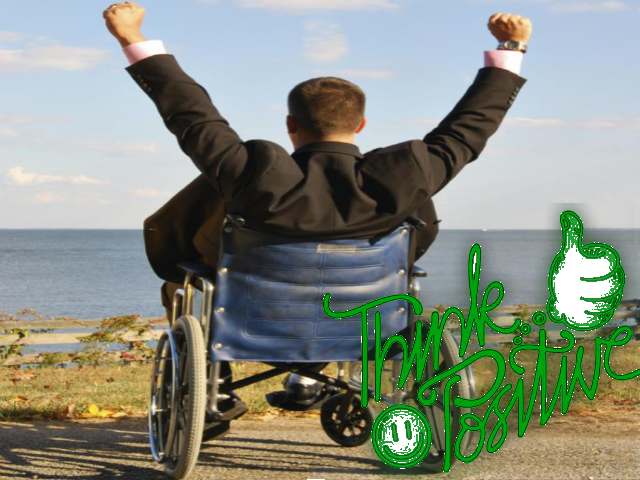What are the causes of stress?
Stress is more or less dependent on how you perceive things around you. For instance, it could be possible that you feel stressed about going for shopping while some people would take it as an opportunity to enjoy the time with family or friends. Anything that is stressful for you may not necessarily disconcert others; they might relish the moment instead.
‘Stressors’, which are the channels or causes of stress usually in the form of pressures or situations, are often considered negative – bouncy relationships and nerve-racking work agenda are the best examples. However, added responsibilities through promotion, marriage, best college admission, reserving funds for house purchase, etc., are other stressors which are considered positive though they substantially add to the stress levels.
Most commonly, stress is generated via internal factors as it is an emotional illness. Having said that, a busy life, financial issues, etc., could stress an individual externally.
Social stressors
- Discrimination: Being discriminated over caste, religion, race, sexual orientation, creed, family background, age, maturity level, gender, etc.
- Connectedness or detachment: Being connected or separated from people, communities, or life situations. Facing overconnectedness or lack of association. Eg., sleepovers or night outs are generally enjoyable for teenagers; however, they could develop homesickness or exhaustiveness
- Crowdedness: Being overcrowded in public, workplace, recreational facilities, etc., could build up performance or social status pressure leading to stress
- Unappealing environments: Being forced to live in an unhealthy or unlikeable surrounding associated with vice crime, pollution, haphazardness, terrorism, or bad weather conditions
- Poverty: Being inaccessible to basic facilities like food, clothing, and shelter including education, employment, medical aid, etc.
- Overburdened social leadership: Psychosocial leaders being weighed down with responsibilities and critical decision making situations while providing humanitarian aid to the surviving population
- Violence: Being sexually or physically violated in the family, among friends, workers, or peers. Eg., taboo sex, same gender sex, child marriage, child abuse, domestic violence, harassment by in-laws, etc.
- Social pressure: Being pressurized or stressed by situations to maintain social status, provide for the dependents (or family), and fulfill social obligations
- Rapid changes: Being forced into change without prior knowledge. Eg., unexpected social relationship changes, change in habitation, relocation, etc.
- Employment and unemployment: Stress at work, harassment by employer or peers, performance pressure, partiality or favoritism, discrimination among employees, added work responsibilities, team handling, demanding tasks, impossible targets, etc. Facing the guilt of unemployment
Personal stressors
- Differences in opinions and values: Facing situations where your conformity with your own beliefs and values are challenged or tested
- Life situations: Dealing with death and separation from loved ones
- Household hassles: Conflicts in family and with spouse, handling severe challenges in the family, maintaining leadership status in the family, handling ill-mannered children, etc.
- Painful events: Rape, violence, theft, loss of property, or natural disaster
- Family responsibilities: Administering or medically caring for old aged family members or those affected with a communicable or chronic disease. Fulfilling responsibilities of both mother and father though being a single parent
- Addiction: Being unable to get out of addictions related to pornography, drugs, alcohol, gambling, betting, prescription medications, tobacco, etc.
- Financial weakness: Being unable to cover debts, save money, and provide funds
- Poor health: Suffering from incurable or chronic disease, poor nutrition, traumatic injury, or effects on health due to accident
- Emotional issues: Facing lack of confidence, low self-esteem, self-pity, self-sympathy, depression, anxiety, guilt, fear of death, chronic concern, pessimism, perfectionism, no flexibility, churning over stressful situations, worse-case-scenario thinking, all-or-nothing attitude, procrastination, unrealistic expectations, and anger
- Relationship problems: Break-ups, divorce, loneliness, unfulfilled need of a partner, and lack of friendship
What could be the effects of stress?
- High blood pressure
- Heart disease
- Heartburn, irritable bowel syndrome, ulcers
- Abnormal heartbeat
- Heart attack
- Hardening of the arteries
- Sleeping difficulty
- Fatigue
- Depression
- Feeling of isolation/loneliness
- Constant anxiousness nervousness
- Headache
- Acne, eczema, and psoriasis
- Irritability
- Nausea
- Frequent chills
- Fertility problems
- Changes in libido or sex drive
- Chronic illnesses such as asthma or arthritis
- Autoimmune diseases
- Weight gain or loss
- Poor judgmental skills
- Difficulty in concentrating
- Cramps, constipation, and diarrhea
What can you do to relieve stress?
- Get sufficient sleep
- Limit the consumption of cola, coffee, tea, and other caffeine products
- Keep a check on your diet – reduce the intake of sugary products, salt, and high fat products like cheese, butter, and red meat
- Never skip food so that your energy levels are maintained
- Reserve time for relaxation no matter how busy you are. Try meditation, yoga, morning walk, qi gong, tai chi, swimming, etc. Listening to your favorite music is quite effective too
- Exercising helps to release “feel-good” brain chemicals. Exercise for at least 30 min
- Feed on good/positive thoughts. Make an imagination of all colors, smells, sounds, and feelings in your mind. This will help to calm your stressful mind
- Feel comfortable always
- Give yourself some space by separating yourself from the crowd in a reposeful place when you’re in the middle of a stressful situation
- If you’re feeling tensed, go for deep breathing and relax your muscles
- Recollect the successes of your life and your good qualities. Avoid self-criticism
- Avoid going for short-term, false fixtures such as drugs and alcohol. They will only add to your stress
- Share your worries with your friends. Don’t store up things in your heart. Cry, laugh, talk, or shout if you need to
- Divert your mind to things you love to do: gardening, writing, singing, and other hobbies, volunteering, creative or extra-curricular activities, etc.
- Track your stress by writing down things that bother you the most. This helps to identify the true stress causes and de-stress your life
- Find an equilibrium between your work, family, friends, and personal life. Set your goals and priorities
- Engage with active people, spiritual leaders, and jobs that will help you to find meaning/purpose in your life
- Learn time management






Fantastic! I’m so glad you’re writing about some of this. It’s true, trying to help someone who doesn’t know what kind of help they need is really difficult. Successful working relationships bring an understanding that initially there will be some struggles as we try to figure out the best way to help and it’s necessary for the business owner to be clear in their expectations and focused on what their ultimate goal. I find for myself when I’m working with a new client I like to get an overall understanding of what their goals and focus is for the next 30, 60, 90 days and then their long term goals. It’s a big red flag for me for the type of working relationship I will likely have with the new client if they aren’t clear on those. Keep up the great series! Found you on VAF..